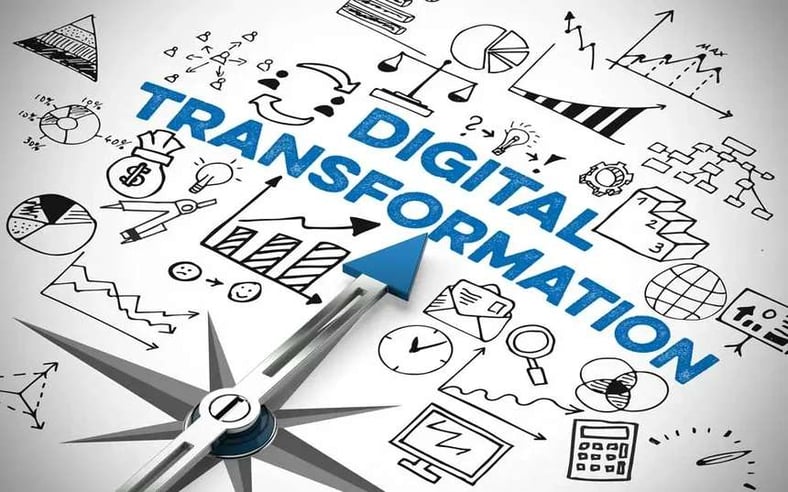Mobile ERP must be secure to be successful
Mobile devices have become a centerpiece of how employees function on a daily basis. Today, staff members using their personal smartphones and tablets can access work-related content from anywhere, regardless of physical location, remaining productive at all times. This capability has made its way into the enterprise resource planning (ERP) market, which is becoming more mobile and cloud-based as time passes.
For mobile-based ERP to yield results, however, security is a must. Alan Sher, director, and product manager at HansaWorld SA, recently asserted that the popularity of enterprise software on mobile gadgets is leaving critical assets vulnerable.
"This is one of the key reasons why mobile devices are not fully taken advantage of in a business setting. Instead, the remarkable power of modern handsets are mainly used for private and social activities, leaving a considerable opportunity for business enhancement largely untouched," Sher said.
She noted that any enterprise system must possess integrity and, if it is lacking in this area, unauthorized parties can access corporate data and corrupt this information for their own gains. Businesses should want mobile ERP systems to function the way they do on traditional office desktops.
Organizations that want to take advantage of mobile-based ERP must make sure they select a reputable vendor to handle their data protection demands. Companies planning an ERP implementation must be harsh when considering different service providers if they are to truly benefit from this important software. Firms should do some research to determine how other clients have fared with a particular business to see if there are any red flags related to security.
It is one thing to select inadequate software that fails to deliver results from a functional standpoint, but it is an entirely different animal when that solution leaves corporate assets vulnerable. Companies that partner with a leading ERP vendor can minimize the potential of adopting a system that fails in either of these ways.
2013 was a big year for tablets
Smartphones may have started the mobile craze, but tablets are perhaps having a greater influence on employee productivity. The larger gadgets make it easier for users to type and work with documents than a smartphone. A recent Gartner report found that global tablet sales in 2013 reached 195.4 million units, up nearly 70 percent from the previous year. Tablets also accounted for 90 percent of all ultramobile device shipments last year.
"Although there were few models available last year, the hybrid form factor was the fastest-growing category in 2013. Hybrid ultramobiles attracted users' attention because the keyboard offers better use of productivity applications and benefits from a tablet form factor," explained Roberta Cozza, research director at Gartner.
It is clear that mobile devices - tablets in particular - are here to stay. Businesses that do not see the benefits of these gadgets at the moment will risk losing their position to competitors that embrace the mobile and cloud model. Cloud computing is available via the Internet, meaning that the workforce can always stay connected with coworkers whether they are working from home, on the road, or in a remote location. This type of collaboration is simply not possible with on-site systems.
Infor solutions are designed to support these latest trends influencing the IT market. Organizations that want functional, efficient, and secure ERP implementations should consider partnering with Infor, which has a client base of more than 70,000 customers, all from different industries. Infor may not be the largest vendor in the game, but it may be the most agile in supporting its clients' unique demands.



Post comment